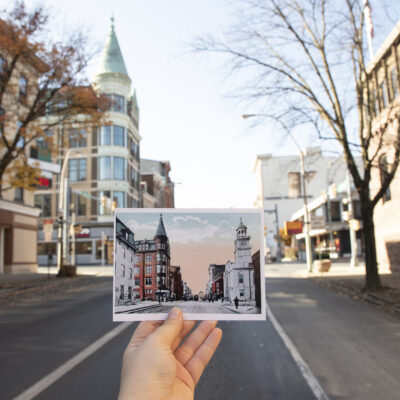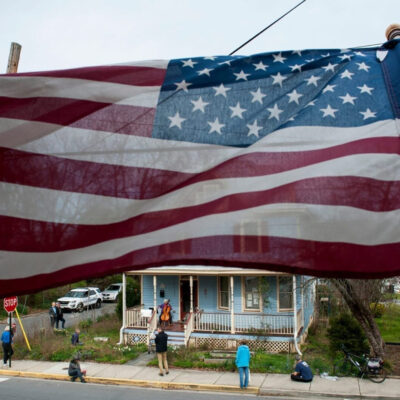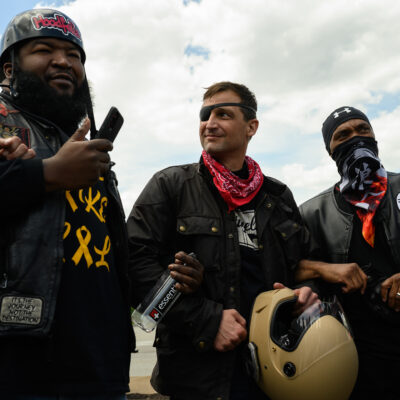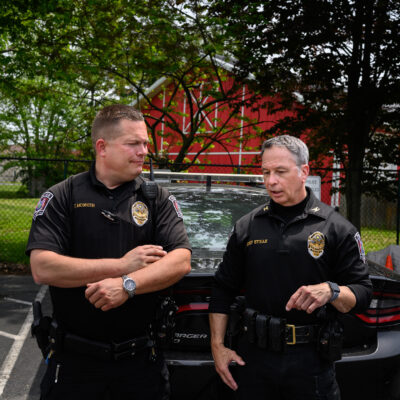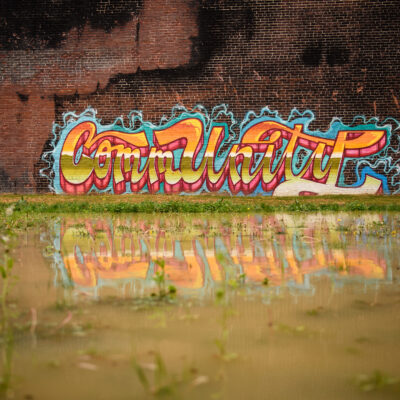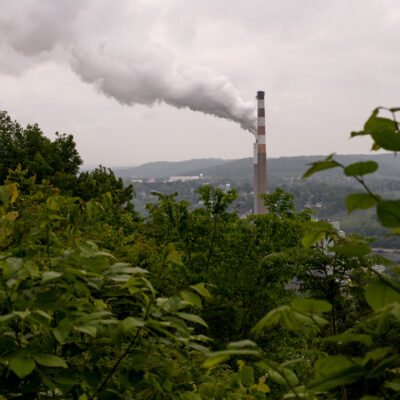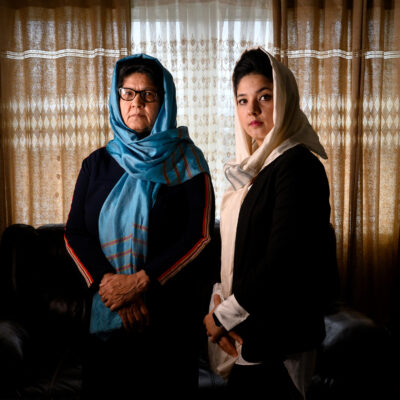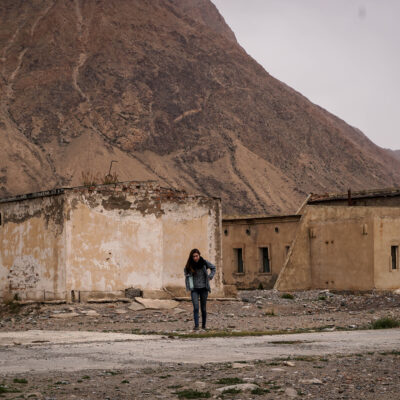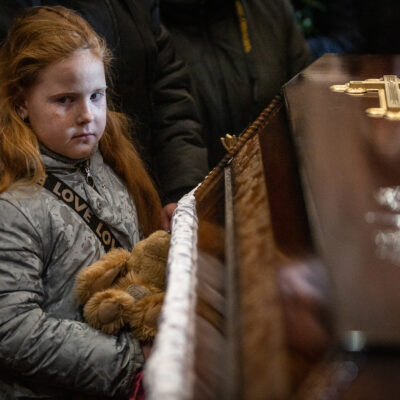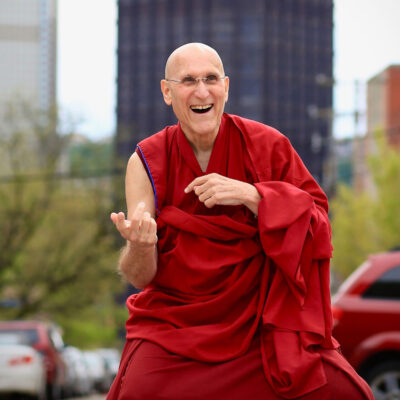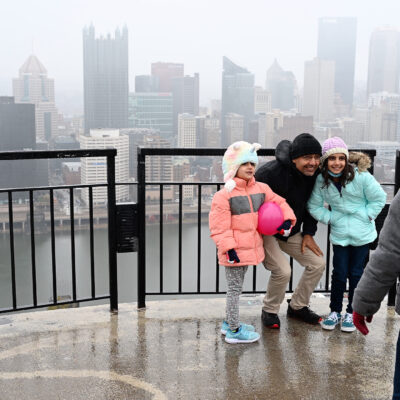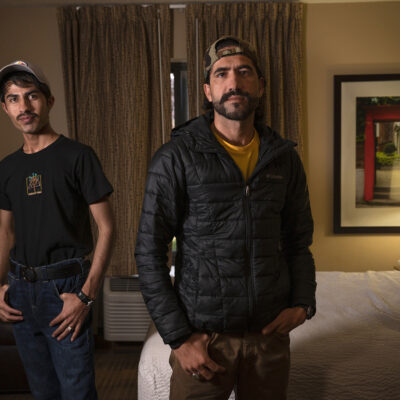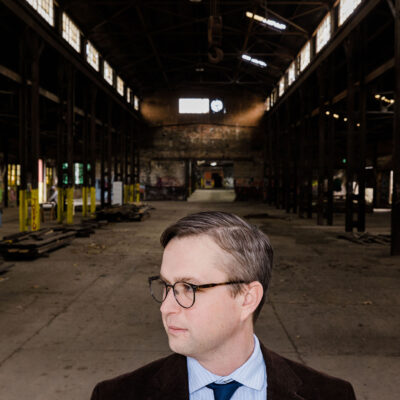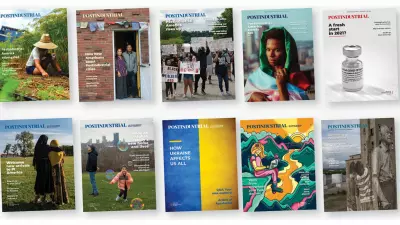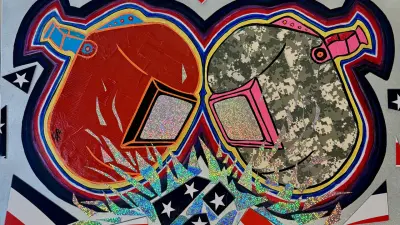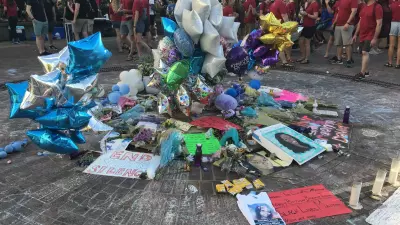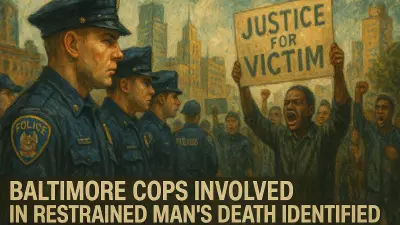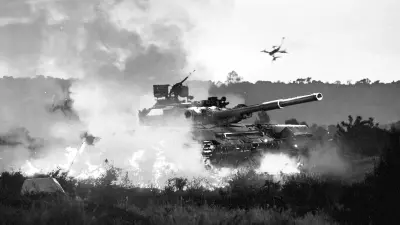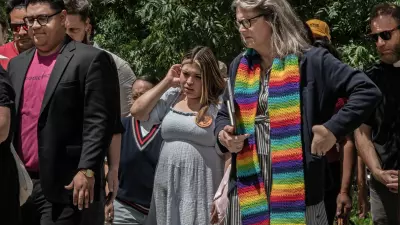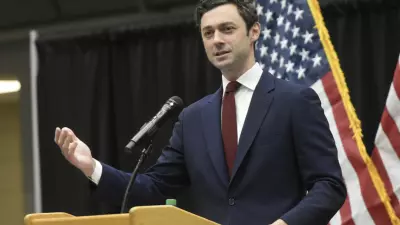One of the shortfalls of memory is that we tend to highlight those times we triumphed while downplaying our failures.

And while “glass half full” is the preferred perspective of optimists, we are ultimately better served by faithfully recalling our struggles and setbacks so that we learn from them, lest we repeat our errors.
Over the last five years, a highly skilled and dedicated group — including reporters, photographers, filmmakers, podcasters, designers, creatives, and many others — have worked tirelessly to bring to you stories from Postindustrial Communities around the world, chronicling both their successes and setbacks.
And since our inception in 2018, Postindustrial has certainly witnessed plenty of both. We’ve told stories about elected officials, community leaders, and regular folks tackling big problems like opioid addiction, climate change, and devastation wrought over the last several decades by changing global economic conditions affecting ourselves, families, and loved ones.
We’ve recounted heartbreaking stories from Ukraine in words and photographs; chronicled an Afghan family’s harrowing escape from their homeland, only to see them settle and thrive in Postindustrial America; journeyed on two wheels to the cities and remote corners of the Rust Belt and Appalachia as the first COVID-19 vaccines were becoming available, and much more.
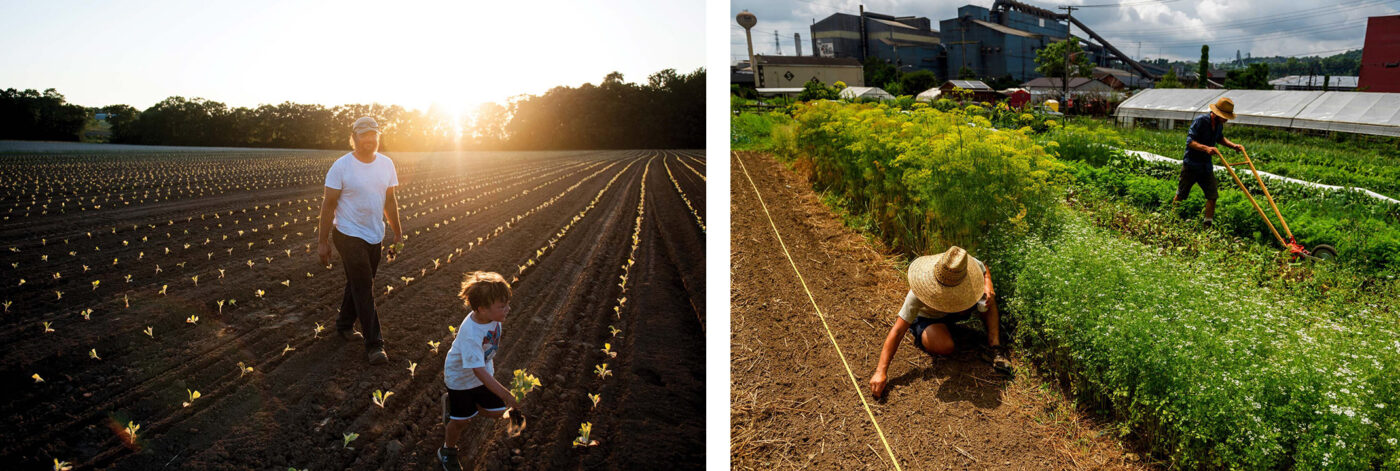
Like everyone else, Postindustrial was blindsided by the COVID-19 pandemic. We wrung our hands over an uncertain future caused by a global illness that required us not only do our best work covering this one-in-a-century (hopefully, knock on wood) event, but also reinvent a company that was still new. Supporters helped us expand our coverage during this time, donating $8,000 in just 30 days.
We scrambled, pivoted, adjusted, and reconfigured our operation. It wasn’t easy. But Postindustrial has evolved to become (again, knock on wood) wiser, battle-tested, and better suited to tell stories in this new iteration of Postindustrial Communities for the COVID-19 era.
That, of course, wasn’t the only challenge our coverage community and Postindstrial faced. We also struggled to comprehend the death of George Floyd at the hands of police and the racial injustice protests that swept the nation in the summer of 2020.
Months later, the Jan. 6 Capitol coup attempt unfolded. We knew that the mob trying to undo centuries of democratic electoral tradition that defines our Republic contained many misguided sons and daughters of Postindustrial America.
Today, we’re still grappling with the fallout of that dark day. Many leaders still refuse to accept that Joe Biden won the last presidential election.
This “reality disconnect” unfortunately defines much of our predicament in Postindustrial America.
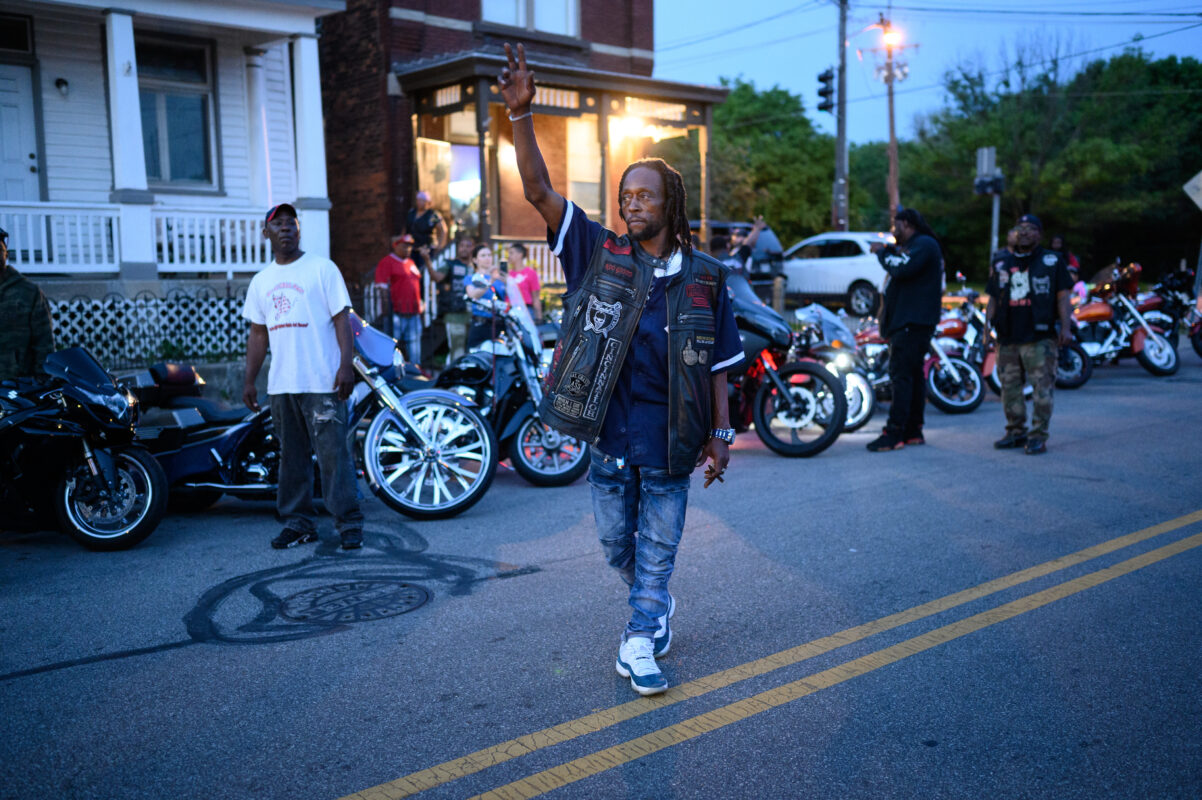
This persistent effort to distort the truth is why it’s more important than ever for Postindustrial to tell the stories that inform and enlighten you, our cherished, and much appreciated readers and supporters.
Without you, we wouldn’t be here. And because of you, we’re ready to make the next five years of storytelling even more informative and compelling. We’re so excited we can hardly contain ourselves.
Let’s go!
What the hell is “Postindustrial” anyway?
We got that question a lot at the outset in 2018, especially from those who understandably had never heard of us.
As a new outlet, we had to explain ourselves each time we encountered someone new, which forced us to constantly reconsider what we do and how we do it.
Since then, we’ve refined our approach to storytelling to include more podcasts, videos, and events, and expanded our purview with ambitious projects like our critically-acclaimed podcast series about armed militants called “Extremely American.”
We’ve given a lot of thought as to how we wanted to cover communities dealing with similar challenges: loss of job opportunities caused by an industry’s end; downtowns decimated by the shifting nature of commerce in the digital age; and the crime, poverty, and addiction that often follow the first two.
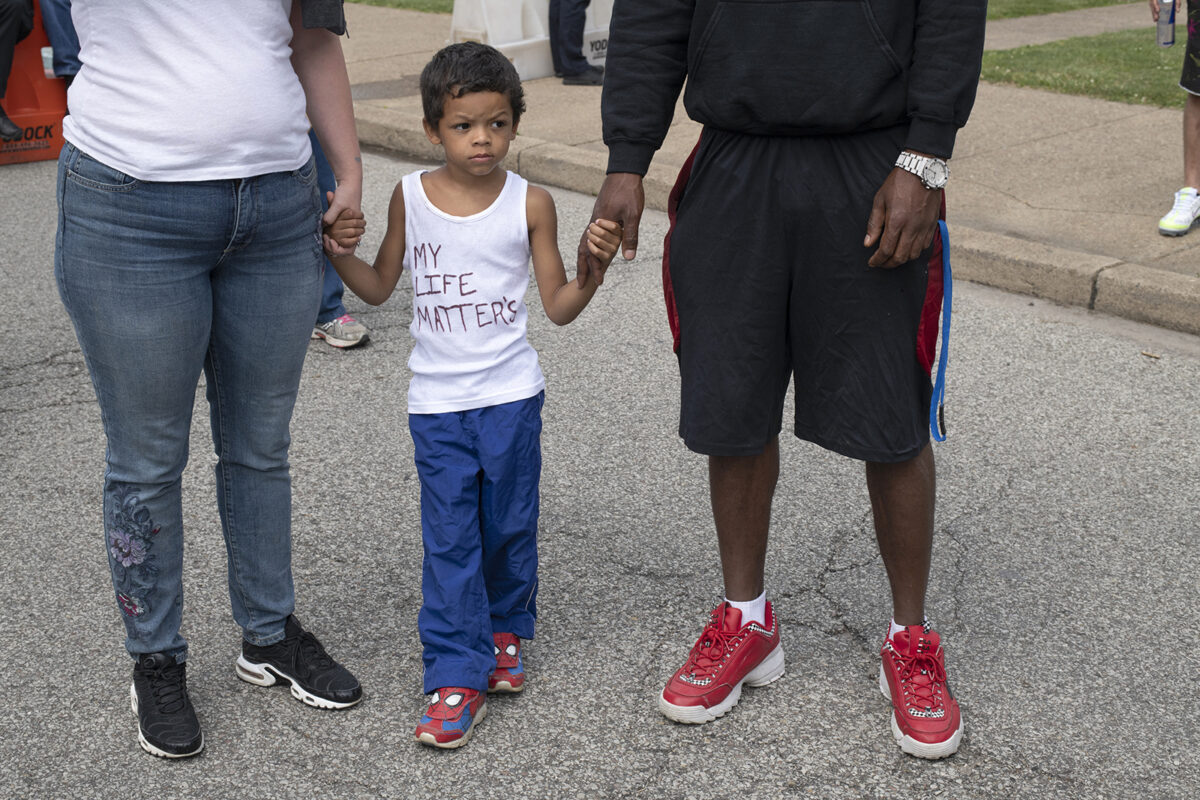
One of the founding tenets of Postindustrial editorial policy was “no poverty porn,” referring to some outlets’ penchant for highlighting horrific conditions and the impoverished without proper context or compassion in the storytelling.
Postindustrial doesn’t shy away from those stories, however. Rather, we take a hard, honest look at the problems communities face while also highlighting people trying to remedy those woes. It’s become a signature and much- appreciated component of our coverage.
Whether it’s a story about communities lacking ready access to grocery stores, or a town whose local paper went under and locals took it upon themselves to fill in the news gaps, we tell stories about problems AND those trying to solve them in hopes that shining a light on their efforts will encourage others to join along.
So when we highlight a dilemma in need of more attention, and someone who follows Postindustrial gets involved, it makes us happy knowing our work has made a difference.
Because that’s really what it’s all about. At Postindustrial, we don’t sit on the sidelines, rattling off problems facing people is the best use of our journalistic abilities. We’re active participants in this dynamic, exciting community who are doing our part by being thoughtful examiners of the “Postindustrial Experience,” both its highs and lows.
That’s what differentiates us from the rest.
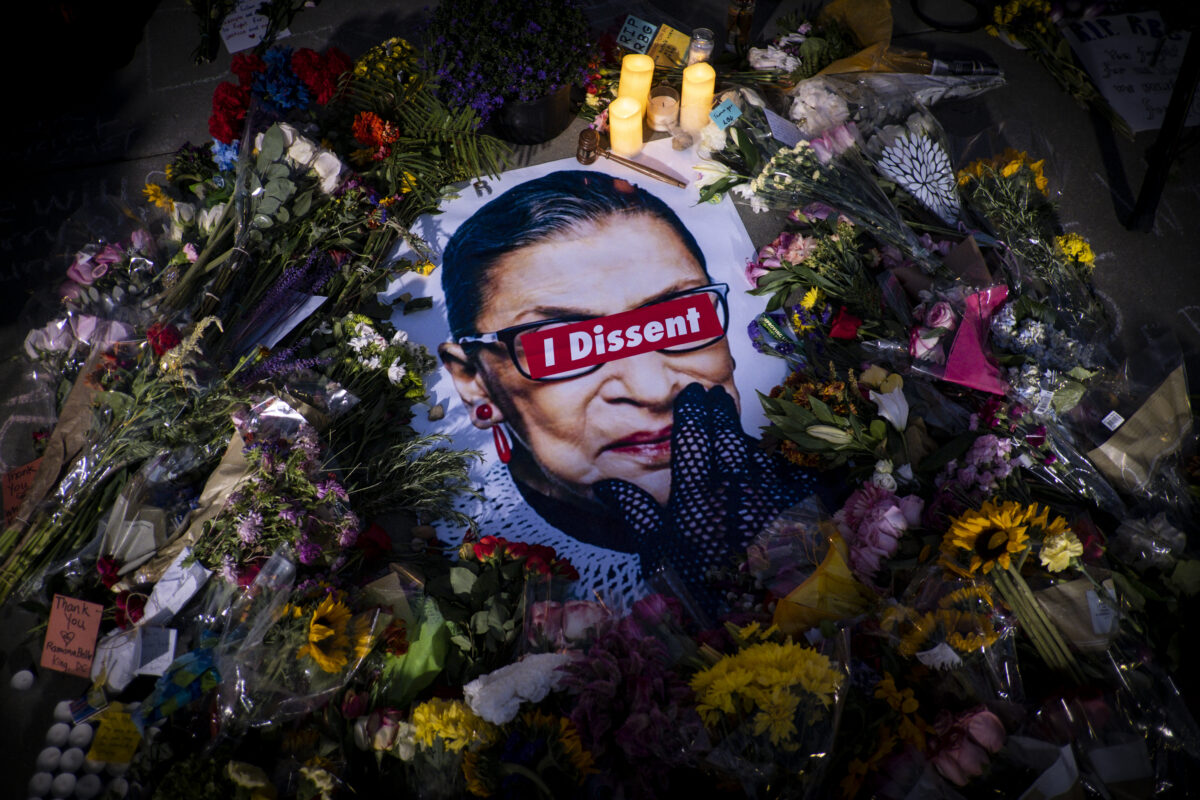
Historical events and hard times through a Postindustrial lens
Since our founding, Postindustrial has chronicled events small and large, such as the aforementioned attempted coup, war abroad, and unrest here. But we’ve also told heartwarming and inspiring stories about communities reimagining themselves, those leading the way, and others who inspire with their art and contribute to their communities.
So many events have forced us to reexamine who we are, what we stand for, and what it means to be a member of our local, regional, and global Postindustrial Community.
At one point, I wondered whether there would be a “community” to which I could return.
I was traveling outside the country on Jan. 6, 2021, horrified by what was happening an ocean away, wondering whether the foundation of our democratic Republic had cracked, exiling me abroad like so many people I covered for decades in other countries.
Before founding Postindustrial, I was a longtime foreign correspondent who covered other nations’ dissolution and descension into civil war. I ached for local colleagues covering their own country’s demise. Would I similarly be a person without a homeland?
Several hours later, when order was restored to the Capitol, my worries were extinguished, though only temporarily. Today, too many elected leaders — current and former — continue to be a voice for anti-democratic dissent.
Several months after that attempted coup we had another concern that needed both our editorial and personal attention.
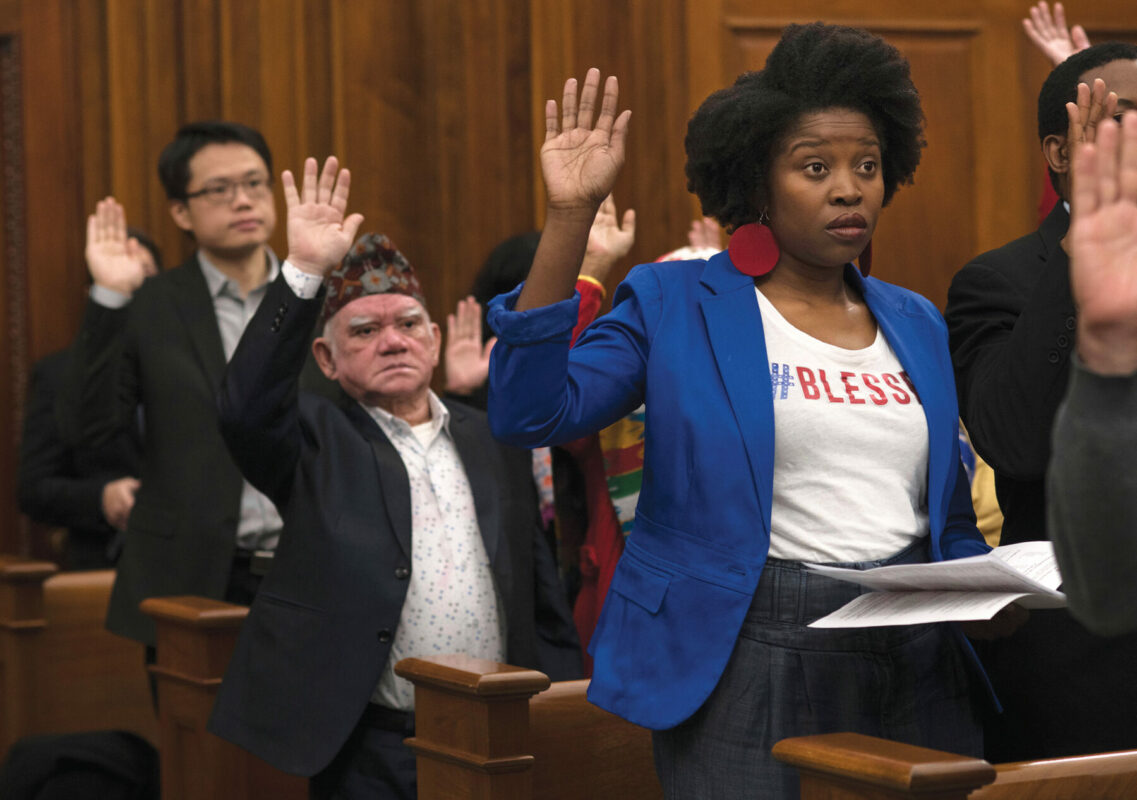
In August 2021, the Taliban was taking over Afghanistan following American forces’ departure from the country, leaving my longtime friend and Afghan journalist Zubair Babakarkhail and his family in grave danger.
Fortunately, Zubair, his pregnant wife, and three children were able to escape unharmed, and after months of processing at a military base in Wisconsin, they eventually settled in the Pittsburgh area. Their journey was both harrowing and inspiring. Zubair has written about it extensively for Postindustrial, connecting the dots between far-flung events and their impact here. His journey inspired readers and friends around the world to donate more than $30,000, an effort which translated into a nonprofit that now benefits other new arrivals. Check out teamzubair.org to learn more.
Just months later, Russia invaded Ukraine. We immediately identified the political, economic, and, yes, psychological impact that conflict had on Americans, especially those with ancestral ties to the embattled European nation like the Ukrainian- American communities in Ohio, Pennsylvania, Illinois, and elsewhere.
Award-winning journalist Martin Kuz covered Ukraine for Postindustrial through his own lens, writing about his late father’s escape from that country several decades earlier and what covering a war in his ancestral homeland meant to him.
When the midterm elections rolled around, and the GOP was predicting a “Red Wave’’ – especially in closely watched Postindustrial races like the Pennsylvania Senate race pitting John Fetterman vs. TV “doctor” Mehmet Oz — we were on it with excellent reporting by investigative newshound Natasha Lindstrom and others.
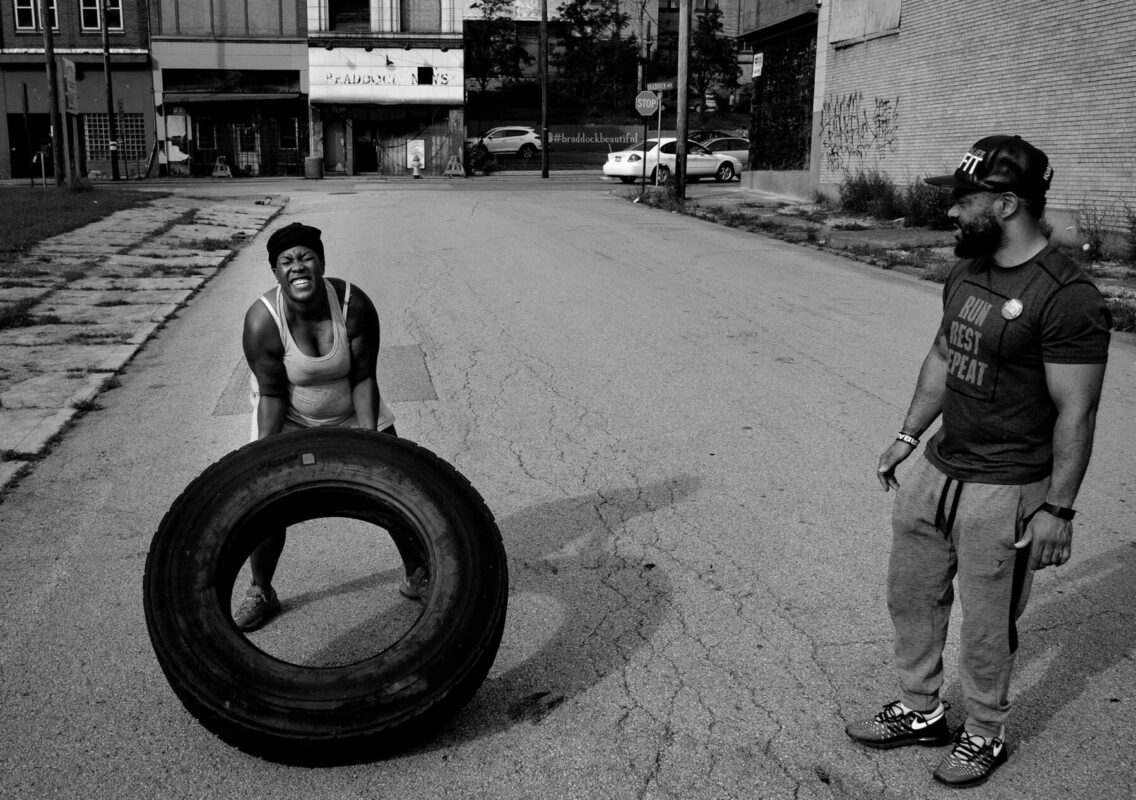
Her and others reporting discovered that while the “MAGA crazies” were still prevalent in our region, enough sober-minded voters still held sway in parts of Postindustrial America … at least for now.
But with environmental and economic horror shows like the East Palestine, Ohio, toxic train spill happening in our backyard, patience with the Biden administration is low, setting the stage for yet another bombastic, potentially violent election season.
We will be ready to cover it. After all, like you, we’ve been through a lot over the last few years and, like you, are ready to take on whatever’s thrown at us.
Postindustrial growing pains aplenty and reasons to give thanks
There were also plenty of important lessons over the last five years, none of which we will forget. Lessons like:
- Better prepare ourselves and Postindustrial to tell life- altering, planet-rocking events like global pandemics, widespread racial injustice protests, a coup attempt, and just about every calamity known to man short of a humanity- ending comet strike. And run a business while doing it.
- Do not take American democracy or freedom of the press for granted, or else someone will try to take it from us. Before founding Postindustrial, I lived and worked in several countries without guaranteed press freedom and strict government oversight. It really sucks for those living under such tyranny and for those trying to tell their stories.
- Be especially thankful for our supporters. All of you reading this, those who listen to our podcasts, watch our videos, and participate in our events make everything we do at Postindustrial possible. Thank you. Thank you. Thank you.
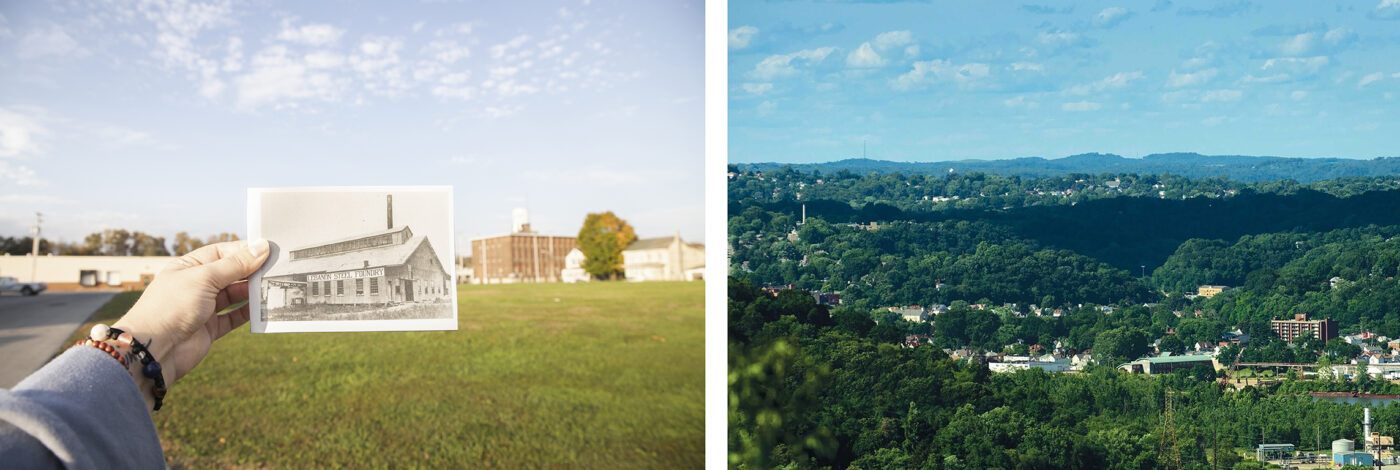
We’re just getting started!
At Postindustrial, we keep a running “wishlist” of stories and big ideas to develop into impactful, cool articles, videos, podcasts, projects, events, and more. As it stands, our list is several hundred entries deep with a good chance of breaking 1,000 by the end of the year.
Among the big things we’re working on is formally expanding our coverage to include more Postindustrial Communities both in the U.S. and around the world.
CEO and Editor-in-Chief Kim Palmiero and I lead this team of innovative storytellers contributing, words, images, videos, and podcasts from five continents and counting (we’re looking for journalists in Australia and welcome any and all pitches from Antarctica).
And what Postindustrial has got cooking for the next five years is even bigger and better.
We’re exploring opportunities to produce films and short series; working with a growing list of podcast collaborators; improving our coverage of topics as varied as health and wellness, to music and the arts, politics, economics, and much more. We’re also planning new events based on important topics that bring together top minds and fresh ideas in hopes of creating positive, impactful change.
We’re doing all this to better understand what it means to be “Postindustrial” and better serve you who’ve come to rely on us to make that effort on your behalf each and every day.
So once again, we thank you for all you’ve done and look forward to informing and wowing you even more in the future.
SCENES THROUGH THE YEARS
